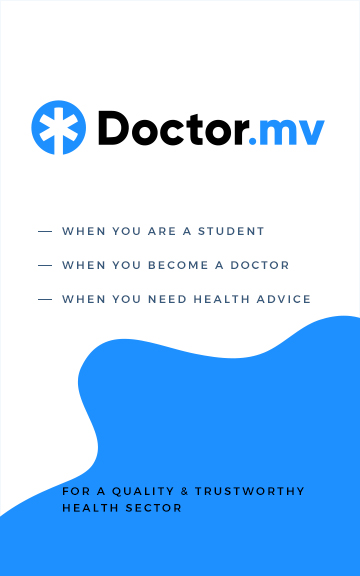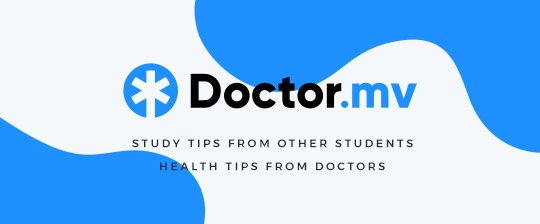
Pharmacology, a dreaded word for students in their 2nd year of Medical School. The moment someone mentions Pharmacology, their heart rate goes up, the palms start sweating and memories of huge textbooks with a million drug names, side-effects and dosages come rushing back.
There is a common misnomer among Medical students that Pharmacology is a dull and drab subject, which involves a lot of memorization of drug names and side effects. This is not necessarily true. In fact I would say that if approached in a right way, Pharmacology is one of the most interesting subjects a Medical student encounters in Medical School.
Pharmacology is the marriage of the basic and clinical sciences. It connects basic Medical sciences and Clinical medicine, since it teaches Medical students the practical application of the topics and concepts they learnt in physiology and biochemistry.
There are certain ways in which Pharmacology can be approached and tackled which will make it easier to understand. In this post I intend to summarize the different ways in which Medical students can grasp this subject.
1) Using the right textbooks and resources
There are multiple Pharmacology textbooks available. We have the famous books such as Goodman & Gilman's Textbook of Pharmacology, Katzung's textbook of Basic and Clinical Pharmacology and Essentials of Clinical Pharmacology by KD Tripathi etc.
A lot of Pharmacology teachers insist that students should memorize Goodman & Gilman from cover to cover to get a good grip on Pharmacology. While there is no denying the fact that Goodman & Gilman is indeed the bible of Pharmacology, one cannot ignore the fact that Medical students have a limited time and the immediate priority is to pass the examinations.
In such cases students need to use textbooks, which can give them the most relevant information in a simple condensed form. Goodman Gilman is a great reference book when you need to understand a concept. However, when it comes to exam time, a textbook like Katzung's can prove very useful along with your lecture notes. This is because it contains a lot of high-yield content.
There are also a lot of videos available on YouTube. One of the more popular ones is Dr. Najeeb's lecture series.
Click here for a link on one of his lectures on Diuretics.
2) Pharmacology of the Autonomous Nervous System
There is no doubt that drugs targeting the Autonomous Nervous System (ANS), form the backbone for most of the drugs used in the treatment of hypertension, respiratory diseases and heart failure. In many ways it is the cornerstone of Medical Pharmacology.
While learning pharmacology of the ANS, students generally make the mistake of trying to memorize everything. This is never going to work because it is almost impossible.
The better way to go is trying to correlate the anatomical location of the receptors with the physiological actions.
For example, alpha-1 adrenergic receptors are present in the vascular smooth muscles. From physiology we know that stimulation of sympathetic adrenergic receptors increases blood pressure. So, drugs stimulating alpha-1 adrenergic receptors will increase blood pressure by constricting the blood vessels, while drugs blocking these receptors will be reducing blood pressure.
Now logically thinking, you would want to increase blood pressure in a patient who is in shock, while you would want to decrease it in a patient who is hypertensive. Thus you would give alpha-1 agonist in a patient of shock while you would give alpha-1 blocker in a patient with hypertension.
Understanding the concepts in a logical fashion as mentioned above will make it easier to remember Pharmacology in the long run instead of rote learning and memorization.
3) Make your own notes
It is always beneficial to you make your own notes, diagrams and flow-charts while studying Pharmacology. Based on what you have understood from the textbook and your class lectures, make notes in the following format:
Class of drug:
Prototype agent:
Mechanism of action:
Indications:
Adverse effects:
Drug interactions:
4) Ask the question "why?" during clinical postings
Generally, during 2nd year, most Medical students begin their clinical postings.
When you come across a patients case file, go through his treatment regimen and try to figure out why a particular medication has been given to that patient.
For example, you find that a patient with heart failure has been administered Digoxin. Try and recollect the mechanism of Digoxin and the Pathophysiology of heart failure. Once you do this, then try and arrive at a rationale on why Digoxin is used in heart failure.
The trick here is to logically figure out a way based on your understanding of Pathophysiology. To realize why a particular drug is used in a particular disease, instead of memorization.
You can try the same activity when you are moving through the pharmacy isle of a supermarket. Once you come across the OTC cough, cold, heartburn medications, read the ingredients on each one of them. Then try and remember what the rationale is of using those ingredients in a particular cough medication.
This way Pharmacology can be fun as well as exciting.
5) Always remember some core Pharmacology facts
Remembering side effects of medications can be a difficult task. However, instead of memorizing, you can logically try and decipher the common side effects for some of the widely used drugs.
Always remember the core Pharmacology facts, such as nausea and vomiting being the side effects for almost all the medications. For drugs used to treat hypertension- hypotension will be the most common side effect. Drugs, which exert effects on the brain, have good lipid solubility and cross the blood brain barrier.
6) Solving lots of multiple-choice questions (MCQs)
Solving MCQs is another great way to revise your understanding of Pharmacology. Although, just getting the right answer is not enough. You should have a rationale on why you picked the right answer and why the other options are not correct.
Here is one great link for solving Pharmacology MCQs on multiple topics.
The trick in Pharmacology is to integrate all the knowledge you have learnt about drugs affecting the different systems. Solving a lot of practice question sets is a great way to tune your thinking in the right direction.
Share with us the tricks and tips you used in Medical School to ace your Pharmacology exam, in the comment section below!



Leave a comment
0 Comments